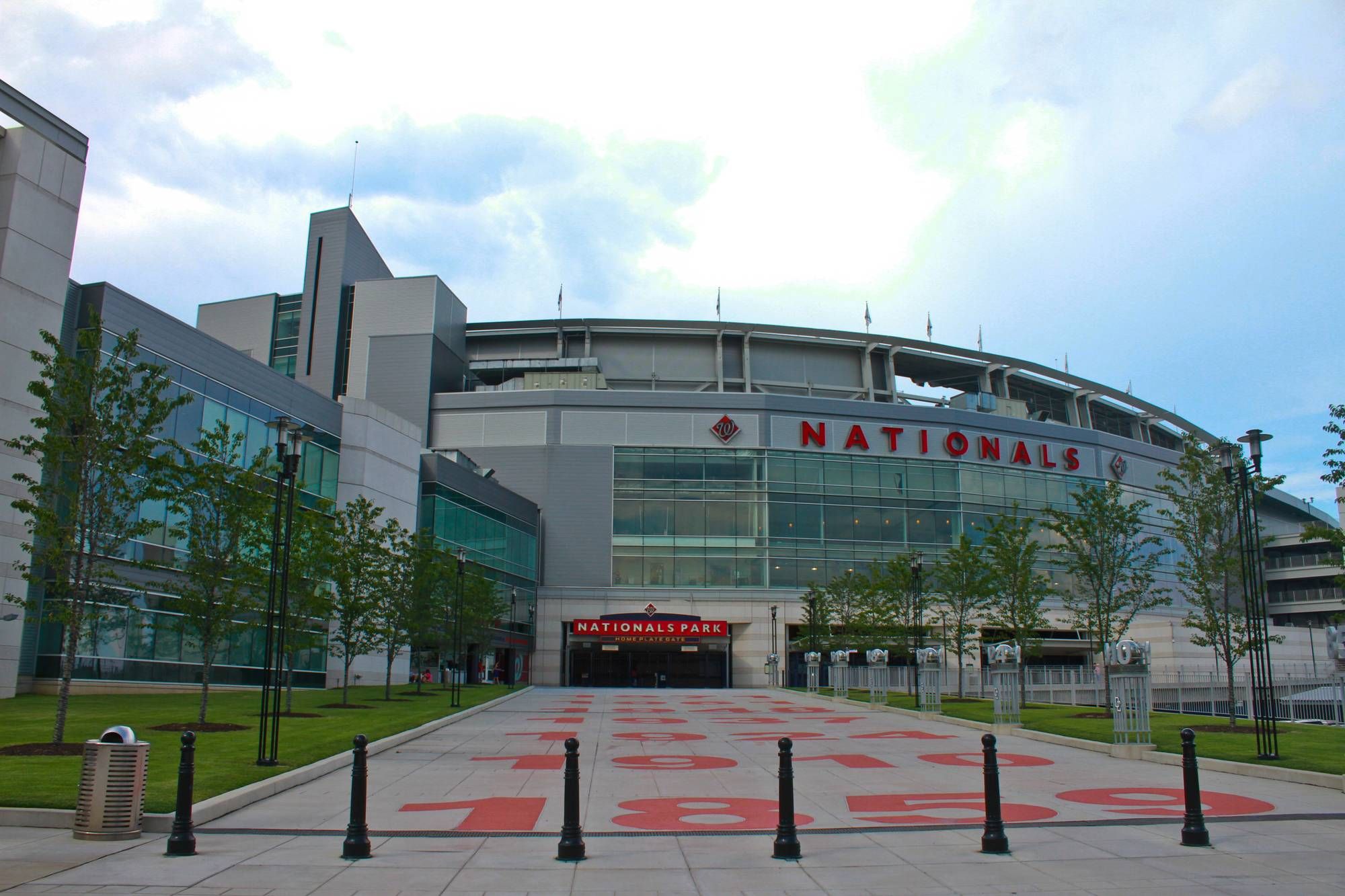Top Class Actions’s website and social media posts use affiliate links. If you make a purchase using such links, we may receive a commission, but it will not result in any additional charges to you. Please review our Affiliate Link Disclosure for more information.
A class action lawsuit against Major League Baseball by one of its players over a drug suspension has been dropped by the player.
Plaintiff Felipe “Tres” Barrera III, a 25-year-old catcher for the Washington Nationals, is currently sitting out an 80-game drug suspension after testing positive for a banned steroid in February. Barrera filed the class action lawsuit in July when an arbitrator upheld the drug test result and Major League Baseball’s policy.
Barrera was seeking to form a Class of professional baseball players surrounding Major League Baseball’s Joint Drug Prevention and Treatment Program. Counsel for the plaintiff have since filed to drop the class action lawsuit without prejudice when a federal judge declined to intervene and put an end to Barrera’s 80-game drug suspension.
The test that led to Barrera’s drug suspension showed there was Dehydrochlormethyltestosterone in his system, a type of performance-enhancing anabolic steroid banned by Major League Baseball’s Joint Drug Prevention and Treatment Program. In the claims, Barrera says he’s “never heard” of the banned substance, also known as oral turinabol, up until testing positive for it in February.
In his class action lawsuit, the player claims that the tests conducted by Major League Baseball are “junk science.” Barrera finds issues with the thresholds the program sets forth in deciding drug suspensions. Even more, the amounts of DHCMT found in his body “did not — and could not — have provided him with any performance-enhancing benefit whatsoever,” according to the player’s class action.
“From the initial drug test to losing the appeal, this all has come as a complete surprise, as I have never, and will never knowingly use a banned substance,” Barrera said in a statement to Major League Baseball Players Association.
“I have worked too hard and give too much to this sport to disrespect or cheat the game that I love. I would never do anything to dishonor my family, teammates, and coaches or do anything to let down the many young ball players that look up to me.”
The player claims he took “over-the-counter supplements” in high school and college but tested negative for the first eight tests during his professional MLB career between the years of 2016 and 2019. The most recent test, according to the Major League Baseball class action lawsuit, showed Barrera had 10 picograms, or 0.000000000001 of a gram, of DHCMT in his system.
This amount “was so minimally low that it did not — and could not — have provided him with any performance enhancing benefit whatsoever,” according to the MLB drug suspension lass action lawsuit. However, despite this fact, Barrera was reportedly suspended for 80 games.
“Tres Barrera is willing to sit on a grenade so no other players have to go through this,” plaintiff counsel told The Washington Post. “He knows that waging this sort of fight could affect his reputation moving forward. But he is not a cheater.”

“DHCMT is a unique and anomalous substance, yet Major League Baseball is trying to impose an 80 game suspension on a player who may well have had an inadvertent exposure to DHCMT before he was subject to any Major League Baseball drug program,” the drug suspension class action lawsuit contends.
The issues of what levels of this steroid can “enhance performance” and what constitutes cheating and how a drug suspension is carried out are widespread not only in Major League Baseball, but other sports as well.
The Nevada State Athletic Commission imposed sanctions against United Fighting Championship’s Grant Dawson this year for recurring problems with the substances despite being cleared in the past. The UFC adopted revisions last year in its policy to, in part, raise the acceptable thresholds of the substance.
Twenty-one major-league and minor-league players baseball players have seen a drug suspension related to DHCMT use since 2015, according to reports.
“There is something screwy with this substance. We have athletes with small amounts of the DHCMT M3 metabolite in their systems for 2 and 3 years,” Jeff Novitzky, the UFC’s head of athlete health and performance said in a tweet. “Too many uncertainties.”
These tests and the resulting drug suspensions have Major League Baseball reconsidering its policy. In August, a proposal was submitted to change what defines a positive drug test result. The new rules would reportedly allow up to 100 picograms of DHCMT before a drug suspension action was triggered.
What do you think about the Major League Baseball drug testing program and drug suspensions? Let us know in the comments below.
Counsel for the plaintiff in this case is Adam M Lupion, Joshua S Fox and Neil H Abramson of Proskauer Rose LLP, Jennifer Meghan Nylin and Gregory William Curry of Thompson & Knight LLP, and Daniel K. Worthington of Ramon Worthington PLLC.
The Major League Baseball Drug Suspension Class Action Lawsuit is Barrera v. Major League Baseball, et al., Case No. 7:20-cv-00198, in U.S. District Court for the Southern District of Texas.
Read About More Class Action Lawsuits & Class Action Settlements:
Tommy Hilfiger, Calvin Klein Brand Fake Sale Class Action Tossed
Lyft App Company Asks Judge to Dismiss Class Action















